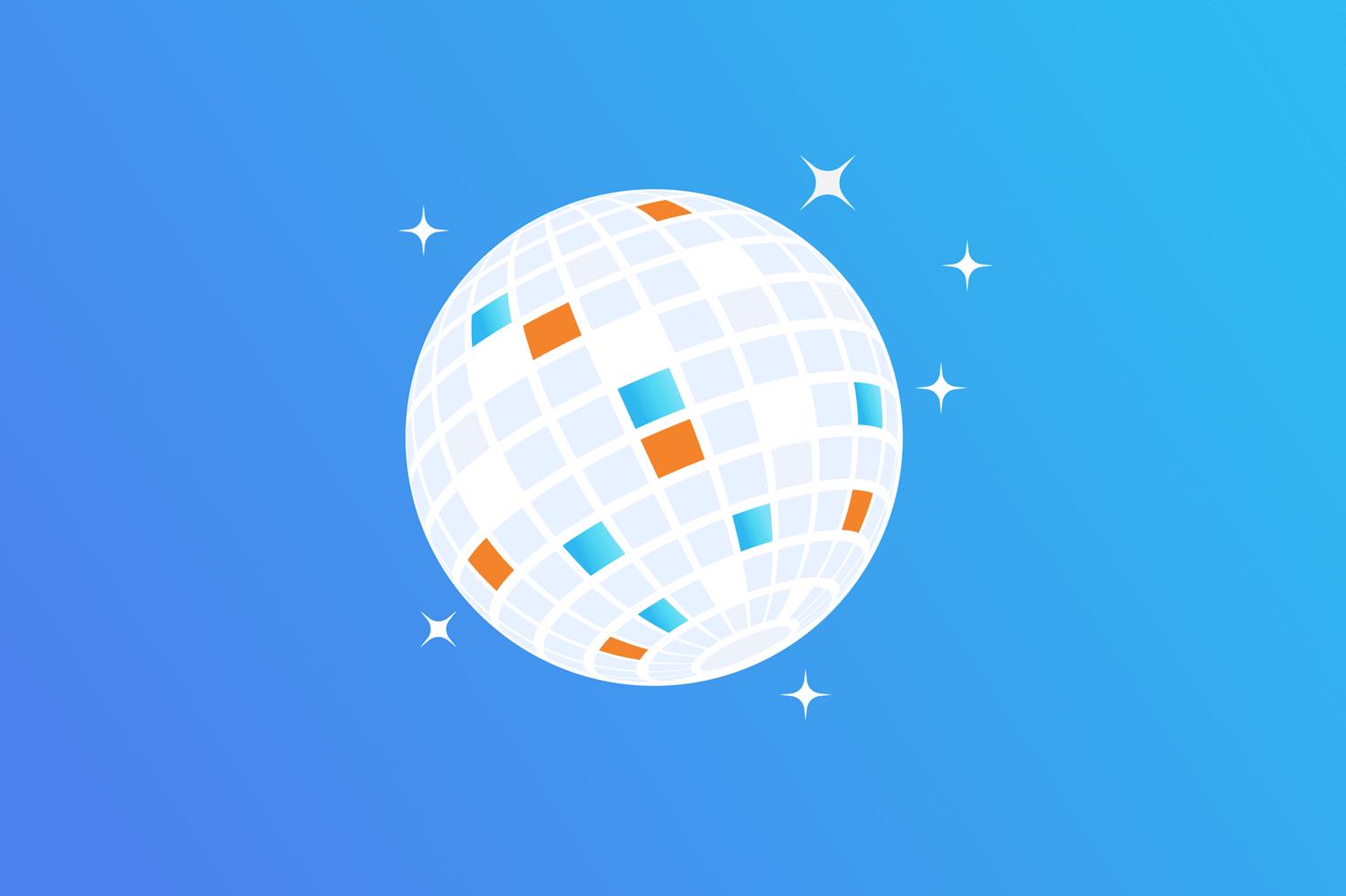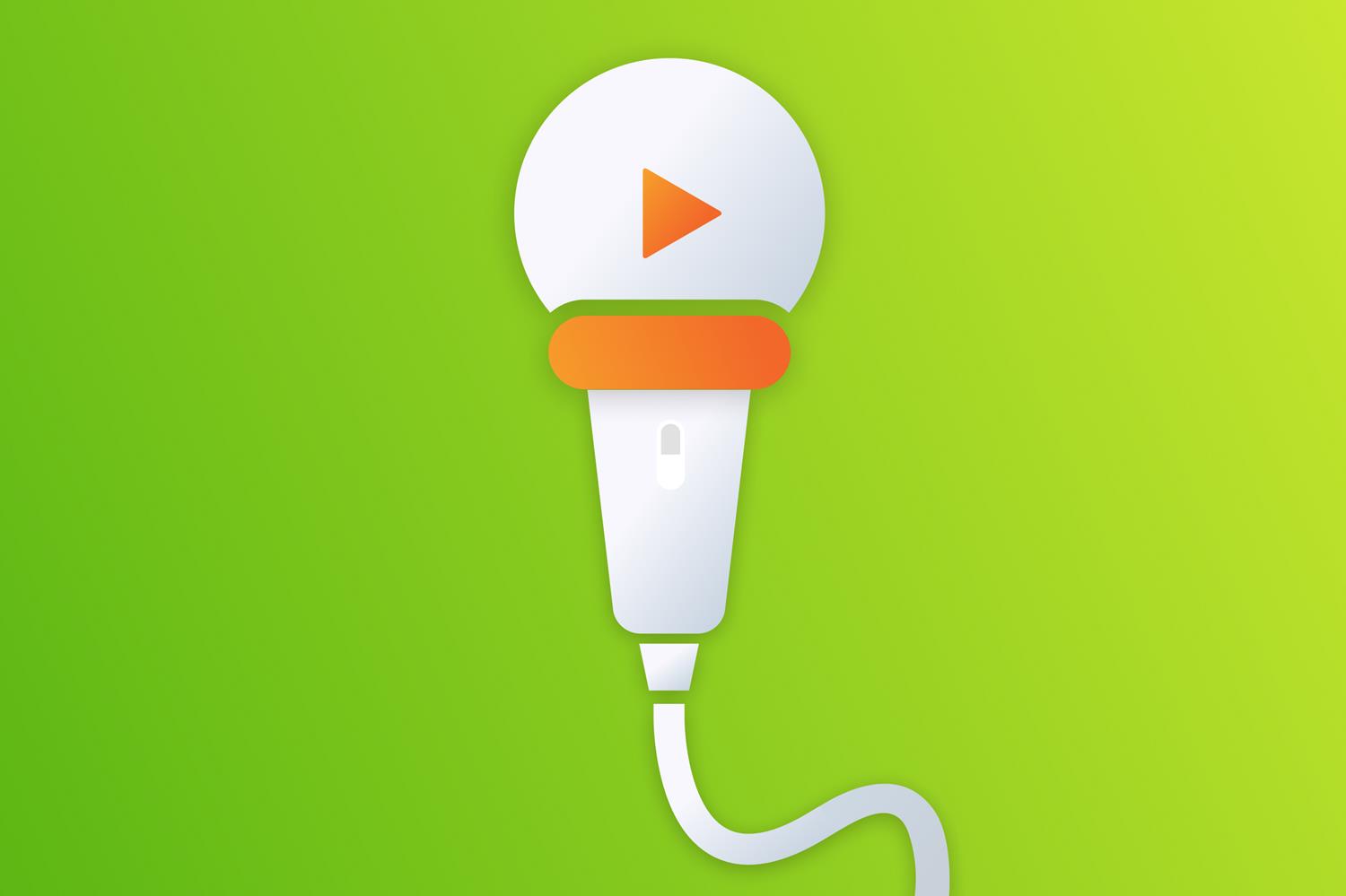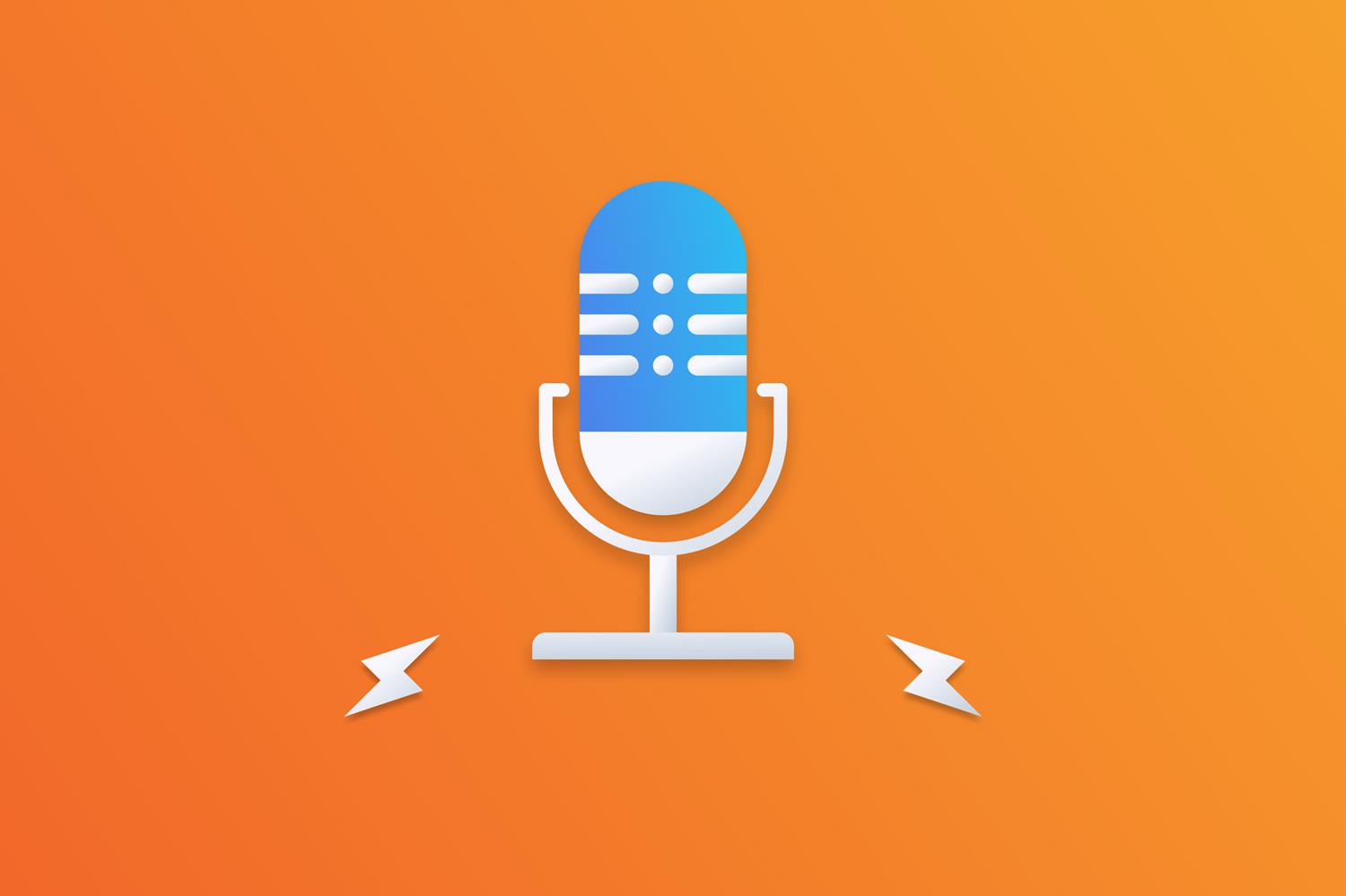When asked how to pass a technical interview successfully, ChatGPT generates rather trivial recommendations: brush up on the theory, practice writing code, keep calm, and don't stress.
“15 years ago, when I was just starting my developer’s career, this advice... would have been totally useless,” says Lukasz Fliegel, Lead Software Engineer at EPAM, who has performed hundreds of technical interviews with specialists at all levels. “However, some seemingly obvious tips could have helped me a lot as a beginner.”
So, jot down what ChatGPT will NOT tell you:
- Always tell the truth. Remember that even the smallest lie can cause big trouble. For example, if you are not familiar with a particular technology, framework, etc., don't pretend to know it in hopes of skating around it. After all, an interviewer may take you at face value, and subsequently, you will end up with a project task you are not competent to handle.
- Don’t be afraid of saying ‘I don’t know’. If you are not able to answer a question, say so. Your chances of success won’t be lower for this; on the contrary, acknowledging that you don't know something can help build trust between you and the interviewer. It also shows that you are not afraid to recognize your shortcomings and are not trying to cover them up.
- Think of the interview as a business meeting rather than an exam. The company, for its part, offers you tasks and compensation, and you provide your expertise, skills, and efforts.
- Don't fall into the mental trap of inferiority: "It is a large corporation, and I am so small". If a company with thousands of employees is looking for someone with your skills and is considering you for a position, they need you just as much as you need them.
- Communicate openly; don't be embarrassed to discuss your ideas, approaches, and the value you may bring to the company. Imagine you're talking over a business idea with a prospective partner and sharing your thoughts on how you can contribute to a joint project.
- Develop your communication skills. For many technical specialists, no matter how qualified, the small talk at the beginning of the interview is the most significant stressor that can ruin the course of the conversation. Work on your communication skills to prevent this.
- End the interview with an interesting question. This way, you will stand out from the competition and show genuine interest in the position and the company.
- To overcome the anxiety, imagine that everything has already gone south: you didn't answer any questions, did poorly on the test, and ultimately failed the interview. Now ask yourself: what would have changed if all that had happened? Nothing. In the worst-case scenario, you would remain in the same situation you are in now — until you get another chance.
- Do not accept a job offer that you do not like. Don’t forget that you work IN the company, not FOR it.
And now for a few tips for the long run:
- Develop antifragility by doing unusual, even uncomfortable, things. Learning a new framework will make you a SLIGHTLY better developer, while learning skills outside your stack, or even from completely unrelated domains, will make you MUCH more professional. If you really want to challenge yourself, why not sign up for a dance class, for example?
- Enhance your soft skills. These days, developers rarely get to work alone behind a computer. Remember that the most common cause of project failure is inefficient team communication, not a lack of critical technical skills. By the way, have you ever noticed that most developers hate demoing even their own products? Inadequate soft skills are yet again to blame. Don't worry, though: following ten to twenty demo sessions, you'll become a much more skilled speaker and stop perceiving the prospect of public speaking as torture.
- Read books. Lots of books. It's the easiest and fastest way to change your mindset and step up your growth. In addition to professional literature, choose books that make you contemplate philosophical questions. I would recommend Nassim Taleb's book Antifragile, which can radically change your worldview, and Jordan Peterson's 12 Rules of Life (spoiler alert: one of the rules advises you to pet a cat when you encounter one on the street).
You can find more practical advice on how to shine in technical interviews in Lukasz Fliegel's talk at the Junior Online Conference 2023. The recording is available via the link on the event page (you need to register to view it, though).
Whether it is your first, tenth, or hundredth technical interview, we hope it goes well!








